Opening remarks from the chairperson

Helen Mackay
Director, Juno Legal
Welcoming remarks from the event partner

Carrick Robinson
Partner, James & Wells
Understanding the changing role of in-house counsel
Organisations are facing unprecedented disruption and the role of the in-house counsel is essential for the growth and sustainability of the business. How is the role of the in-house counsel shifting to support the business? How have recent events created new opportunities as well as challenges to the in-house counsel?
- How have duties and responsibilities evolved in the new normal?
- What lessons have we learned to prepare for future crises?
- How are in-house departments adapting to the growth and rebuild of the business?
- How to build agility and resilience in the legal department
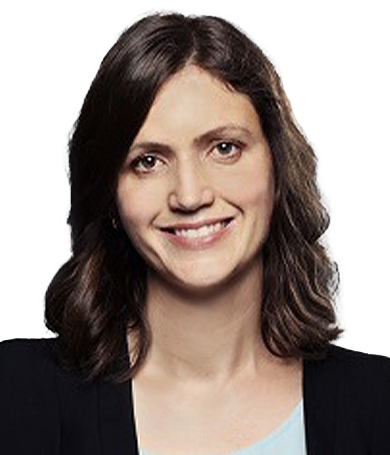
Hayley Cassidy
Chief General Counsel, Bank of New Zealand
PANEL: Examining recent trends in extraterritorial issues
From Environmental, Social and Corporate Governance (ESG), General Data Protection Regulation (GDPR), to Modern Slavery, the in-house counsel’s role can span across different jurisdictions. This session will discuss some of the key legal trends and challenges relating to extraterritorial jurisdictions.
- Remaining compliant and upholding ethics for the GDPR
- Recent trends in the acceleration of ESG regulation and how it affects risks and opportunities
- Reviewing developments in Modern Slavery laws in NZ and the potential implications for in-house counsel
Moderator:

Helen Mackay
Director, Juno Legal
Panellists:

Jono Willis
General Counsel - Lion New Zealand & Little World Beverages, Lion

Dr. Maria Pozza
Senior Legal Counsel, New Zealand Post
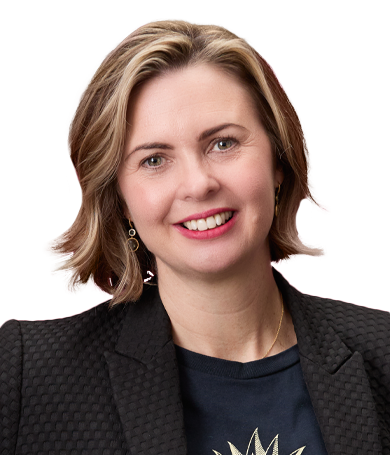
Natalie Bryant
General Counsel, Sharesies
Innovation and IP in a crisis
Companies invest significant resource into creating winning brands and innovative products, but those assets can suddenly and unexpectedly be at risk in a crisis such as Covid-19. This session will look at how businesses have reacted to and adapted their practices to managing and leveraging these assets in a very different business environment.
- How have businesses responded to managing their IP portfolios in the current crisis?
- What strategies have been the most successful to ensure the management and leverage of an IP portfolio is as effective as possible?
- What lessons have been learnt, and tips for the future.

Carrick Robinson
Partner, James & Wells
Leveraging your technology resources to work better for you and your team
Now more than ever before, technology has proven its ability to support legal operations, creating more opportunities for strategic tasks and improving operational efficiency. Legal innovation has become essential to remain competitive in this environment. This session will discuss legal innovation trends, current challenges, and leveraging technology to deliver effectively as in-house counsel.
- Examples of successful legal tech implementation
- Identifying opportunities for tech investment to alleviate workloads
- How to determine technology that is truly fit for purpose
- Emerging legal tech trends including artificial intelligence and machine learning, chatbots, and process automation

Julian Benefield
Associate General Counsel, Foodstuffs
PANEL: Creating a strong culture of compliance across the business
Ethics goes beyond compliance and ESG and in-house counsel are involved in driving this cultural change. How can in-house counsel develop an ethical culture across the organisation? This session will discuss strategies to uphold integrity and a culture of compliance beyond checklists.
- Approaches to improve professional ethics through training and guidance
- Aligning and communicating compliance priorities to the overall business strategy
- Strategies to promote an open and accountable culture
Moderator:

Helen Mackay
Director, Juno Legal
Panellists:

Malcolm Swan
General Counsel, McDonald's

Kirstin Jones
Head of Legal, Sky TV
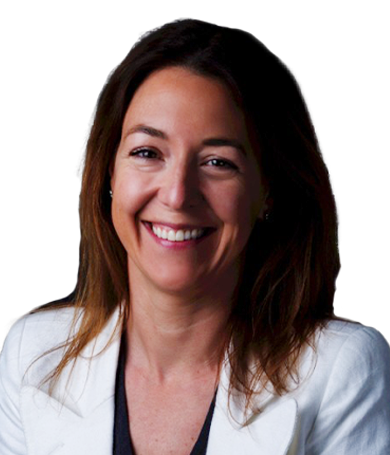
Olivia Meo-Groser
General Counsel and Head of Operational Risk & Compliance, humm Group
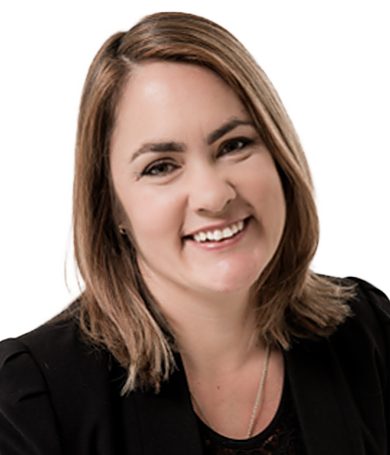
Allison Whitney
General Counsel, New Zealand Media & Entertainment
Driving innovation as an in-house lawyer
It can be a challenge for in-house counsel to contribute to the organisation’s innovation strategy while managing risks. Do in-house lawyers manage risk or drive innovation? In this session, Katie will share key learnings from their experience driving innovation within the legal function and drawing on Mātauranga Māori to become valued strategic partners in the business.
- How to effectively drive innovation while balancing risk management
- Overcoming challenges in risk assessment to support innovation
- Creating a structured methodology to identify and assess risks
- Applying Mātauranga Māori to the role and responsibilities of in-house counsel

Katie Bhreatnach
General Counsel and GM Customer Engagement, Airways New Zealand
Data protection and privacy
With data protection and privacy continuing to dominate international headlines, what is the role of the NZ in-house counsel in achieving and maintaining compliance (both domestically and abroad), and what is best practice when navigating such a complex environment?
- Challenges with compliance, including the NZ Privacy Act
- Examining future trends in information governance and privacy reform
- Risk mitigation and incident response

Hayden Mazengarb
General Counsel & Company Secretary, Vend by Lightspeed and Founder, Matterly
PANEL: Future implications of recent anti-trust, competition, and contract law updates
There have been notable recent updates such as the outcome of the Bathurst case, cartel criminalisation, and Covid-19 impacts on shipping. This session will examine recent developments to understand how to remain compliant and mitigate risks in key business areas.
- Lessons from the Bathurst judgment on contractual interpretation: Bathurst Resources Ltd v L & M Coal Holdings Ltd [2021]
- Understanding changes to the Commerce (Criminalisation of Cartels) Amendment Act and its potential business impact
- Examining Covid-19’s impacts on shipping – things to consider in your logistics and shipping contracts
Moderator:

Helen Mackay
Director, Juno Legal
Panellists:
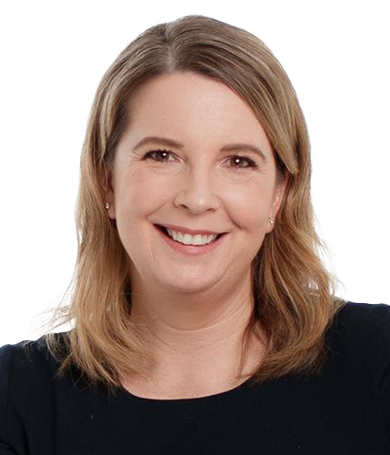
Kirsten Massey
Partner, Russell McVeagh
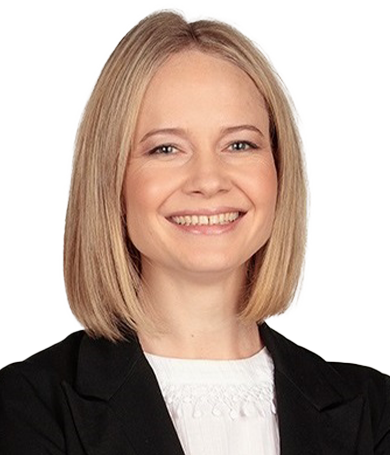
Anna Ryan
Partner, Lane Neave

Iain Thorpe
Lawyer, Juno Legal